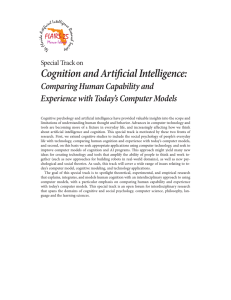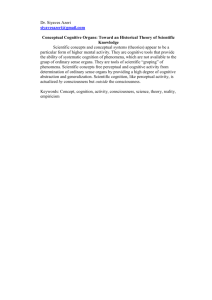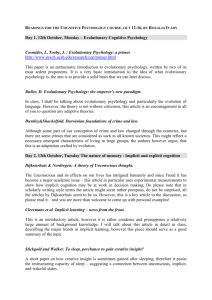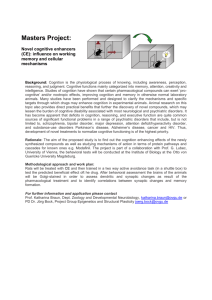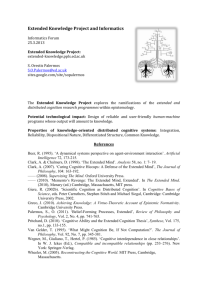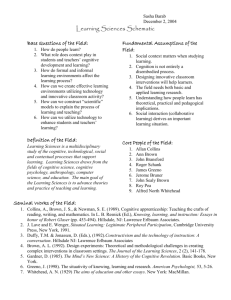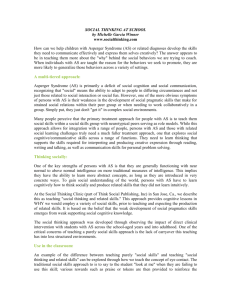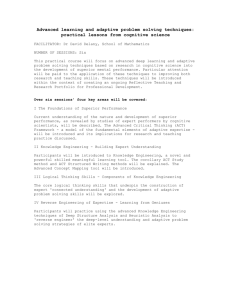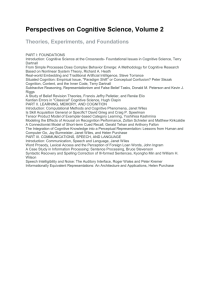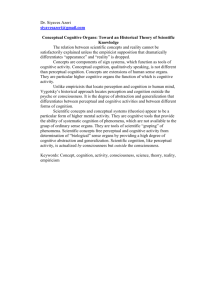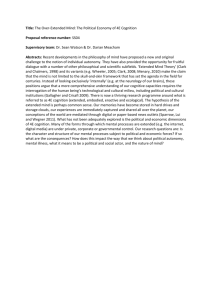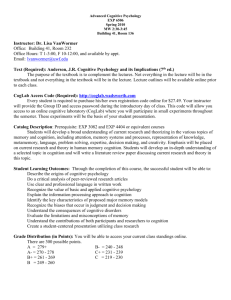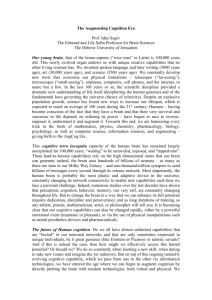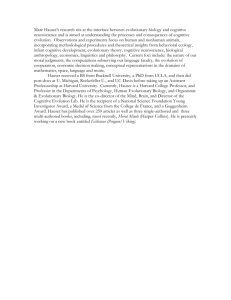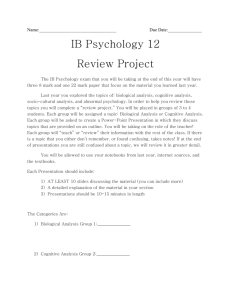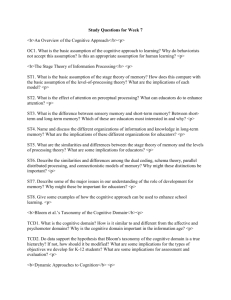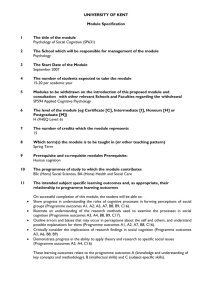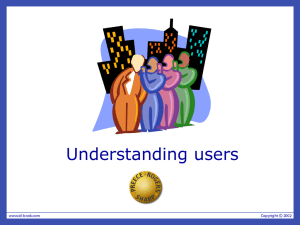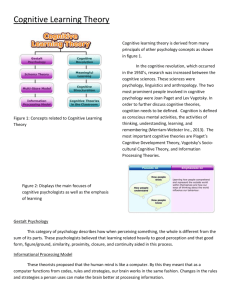EP and Modular Mind
advertisement
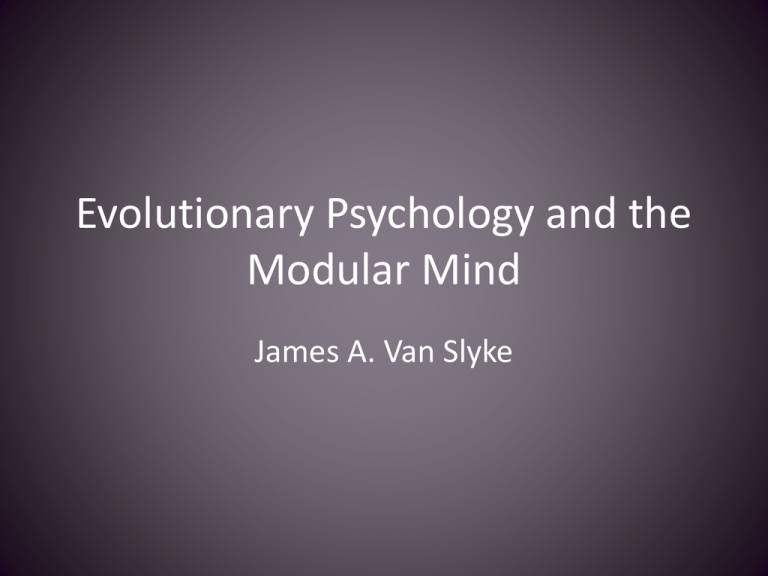
Evolutionary Psychology and the Modular Mind James A. Van Slyke Evolutionary Psychology (EP) • Various physical adaptations evolved to serve some function – Heart = pump blood – Eyes = vision – Sexual Organs = reproduction • EP argues that some adaptations are cognitive programs that solved adaptive problems John Tooby & Leda Cosmides • • • • UCSB Both Psychologists Started the EP movement in the early 1990’s The Adopted Mind: Evolutionary Psychology and the Generation of Culture (1992) Steven Pinker • Harvard University • The Language Instinct (1994) – Language comes from an innate cognitive module that contains general rules for grammar • The Blank Slate (2002) – Mind is composed of several innate cognitive capacities Environment of Evolutionary Adaptedness (EEA) • Human cognition primarily evolved during the Pleistocene era (2.5 mil to 12,000 years ago) • Adaptive problems faced during this huntergatherer age are the primary factors involved in the evolution of human cognition – Reproduction – Survival & Hunting – Living in Groups Standard Social Science Model (SSSM) • Social Science assumes that the human mind is a “blank slate” • Culture specifies important values – Gender Roles; Morals; Religion, etc. • Most things are learned • Human mind is like a sponge • Rather than a sponge, cognition functions through different adaptive tools or modules – Cognitive programs that solved different adaptive problems – Environmental stimuli triggers different tools • Mate selection • Group coordination (Hunting) • Cheater detection Swiss Army Knife Cognition Modular Mind • Human Cognition is composed of different “modules” or “tools” – Domain specific cognitive programs – Work below the level of conscious awareness – Automatically activated in the right context – Human mind is composed of thousands if not millions

